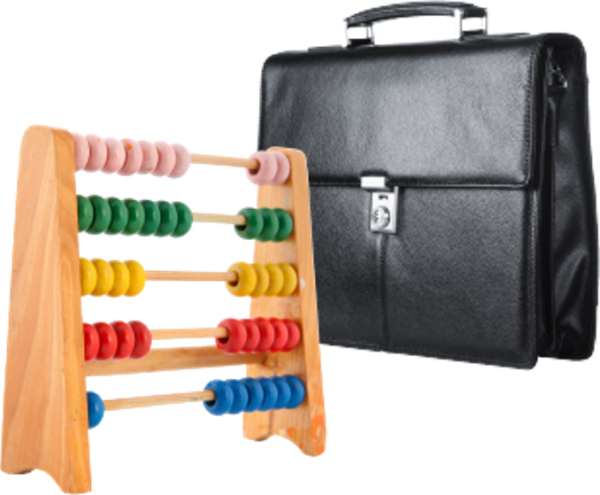The government wants to  try and boost the economy following the effect that the Coronavirus pandemic has had on it. Some press articles are predicting that the rate of VAT may be cut as low as 15%.
try and boost the economy following the effect that the Coronavirus pandemic has had on it. Some press articles are predicting that the rate of VAT may be cut as low as 15%.
There are also predictions that a potential reclassification of the VAT rate may be introduced for hard hit sectors such as hospitality with a reduced rate of 5% for restaurants, cafes, and hotels. Germany has already announced reductions in its VAT rate for the hospitality sector from 19% to 7%.
A VAT cut is always seen as a big ‘political’ win but it is far from certain whether the economic benefits are as great. When the financial crisis hit in 2008 it is said that the VAT rate reduction cost £12 billion – the implementation cost to businesses was far greater than the increase in consumer spending. Most consumers said that the reduction in VAT rate had little or no effect on their overall spending.
Many economists believe that an income tax cut is more beneficial for the economy as it delivers additional cash to individuals. Often those on low income with little or no disposable income benefit most and this acts as a greater stimulus to the economy. However, administrative and accounting changes required to implement a change of income tax rate can take months to build into payroll systems and a VAT change can be implemented more quickly.
The best economic effects of a VAT rate change occur if notice of the change is short – with little time to consider the change consumers tend to bring forward their spending. This is less helpful for businesses as they have limited time to make the adjustments to their internal accounting systems, billing arrangements and to consider their pricing strategies.
Following a reduction of the VAT rate an immediate economic boost is often seen but it is difficult to know whether there is actually any effect on prices as there is conflicting evidence as to whether the benefit of any reduction in the rate of VAT is ever really passed on to the customer.
The change in rate needs to be significant for it to alter spending habits or buying decisions.
Things businesses need to consider if and when the rate of VAT changes:
- if your prices are VAT inclusive how do you calculate the new VAT rate?
- will you pass any benefit from a reduction in the VAT rate on to your customers?
- how will you make the necessary adjustments to your accounting software?
- how do you deal with sales made prior to the rate change but invoiced afterwards?
- how do you treat deposits paid prior to the rate change for good supplied after the rate change?
For example a business may make a single supply of a service which is nevertheless carried out over a period of time, commencing before the rate change but not completed until after the date of the change (e.g. decorating a house). Unless the business has received payment or issued a VAT invoice before the date of the rate change the whole supply should be charged at the current rate under the normal rules. However, the business could if it wished, charge VAT at the new rate on the work done up to the rate change and the new rate on the remainder of the work. The business will have to be able to demonstrate that the apportionment between the two amounts accurately reflects the work done in each period.
VAT regulations are complex at the best of times so it’s always worth seeking the advice of an expert. Here at Bedrock Tax a number of our team have considerable experience in advising on VAT issues. Why not give us a call today and have a chat about how we could support your business with our VAT advice. Alternatively why not have a look at the VAT section on this website.
